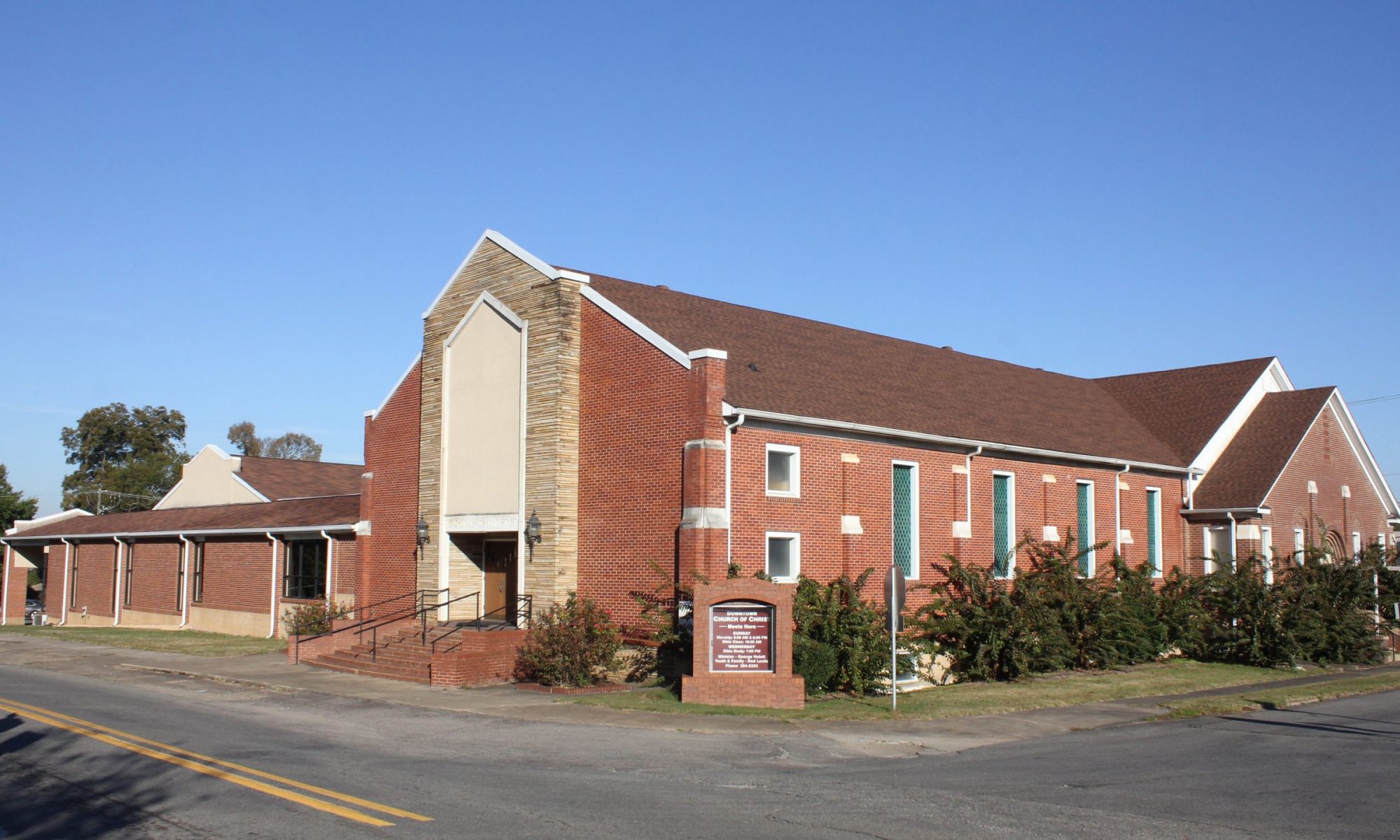
What a tremendous influence a godly person can have. I was reminded of that truth this week as I was reading in I Samuel. The story of Samuel’s life begins fairly simply with a godly dad. Elkanah was a man whose custom was to worship the Lord. Not only that, he was a man dedicated to his family. In addition, he was man who gave freely to the Lord, no matter the personal cost. We see all of these traits demonstrated in his life. First, scripture records him going up year by year from his city to worship the Lord at Shiloh. Secondly, he shows abundant love to Hannah in spite of the fact that she is childless, while Peninnah had borne children for him. The third proof of this man’s righteousness comes when Samuel is born and Elkanah does not stand in the way of his being dedicated to the Lord.
The second character introduced into the story is Hannah. She was a godly woman as well, yet disappointed about being childless. Her faith shines through in her acceptance of the promise that God would grant her request for a son. I love the way the scripture reads, “Then the woman went her way and ate, and her face was no longer sad.” — 1 Samuel 1:18 But the real proof of her faith was demonstrated by her turning her son over to Eli in fulfillment of her promise to God. She didn’t quit loving him or caring for him. In fact she obviously cared for him and brought him new clothing each year. I’d be willing to bet that her trip to Shiloh was the high point of her year.
The third godly person we meet in the narrative is Eli. But wait, you might say, “Eli is not exactly the most godly person in scripture.” And you’d be right. But, as bad as his two sons were, there is no indication that Eli himself was bad. It’s possible for even godly parents to have ungodly children. (Hezekiah was one of the few kings of Judah who was constantly aware of God’s acts in the past and His involvement in the events of every day. The Bible describes Hezekiah as a king who had a close relationship with God, one who did “what was good and right and faithful before the LORD his God” (2 Chronicles 31:20). But Hezekiah’s son, Manasseh was a most evil individual.) Eli listened to the Lord and took him at His word.
Finally, we are introduced to Samuel. It is said of him that he worshipped the Lord at Shiloh —1:28, that he ministered to the Lord in the presence of Eli the priest — 2:11, that as he ministered, he was clothed with a linen ephod — 2:18, and that “the boy Samuel continued to grow both in stature and favor with the Lord and also with men” — 2:28.
In the third chapter, Samuel is ready when God calls him to service. Why is he ready? Perhaps it is precisely because of the influence of these godly people in his life. What kind of influence are you exerting on others?
